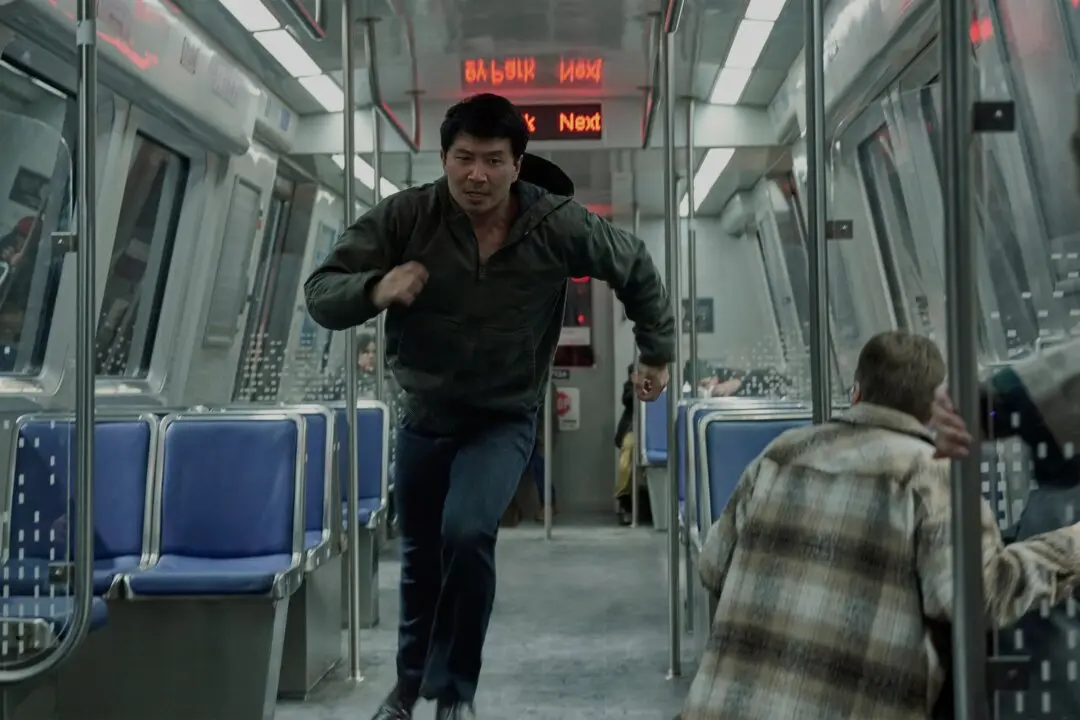Yes, women have also become homicide-suicide bombers in Afghanistan. An Irish photojournalist with the hints of a French accent has the photos to prove it. In fact, she could not stop taking them, contributing to a premature detonation while she was still within the general blast area. She survives, but the damage done to her family unit will be harder to patch up in Erik Poppe’s “1,000 Times Good Night.”
If you find it problematic to compulsively document (and consequently somewhat fetishize) a terrorist bomber’s final hours, then congratulations. You had the appropriate human response. On the other hand, Rebecca argues that she is bearing witness to the inhumanity of the world, but at some point bearing witness will come to resemble abetting through inaction.
The opening sequence consists of some truly provocative, visceral stuff, but to really understand it, you also have to see the symmetrically related conclusion. Ultimately, the film forces Rebecca to confront the ethics of her calling in gut-wrenching, soul-churning terms. However, to reach that point, we have to slog through some just OK family drama.
When Rebecca is finally discharged from the hospital, she has clearly lost a step physically and might be gun-shy for the first time in her career. Her marine-biologist husband Marcus is ready to divorce her, and their daughters are emotionally reeling from the near-permanent loss of their often absent mother.
Frankly, the youngster bounces back faster than moody teenaged Steph, perhaps because the older girl better understood the circumstances. For the sake of her family, Rebecca resolves to retire, but maybe she can be convinced to take Steph on a bonding tour of a Kenyan refugee camp, because it’s absolutely, positively safe.
If Juliette Binoche ever gave a bad performance, the sun might start orbiting the Earth. In fact, she is admirably restrained, given the horrors that her character witnesses and the bodily and spiritual wounds she suffers. Instead, Binoche smartly and convincingly portrays a woman forced to emotionally blinker herself, for survival’s sake.





